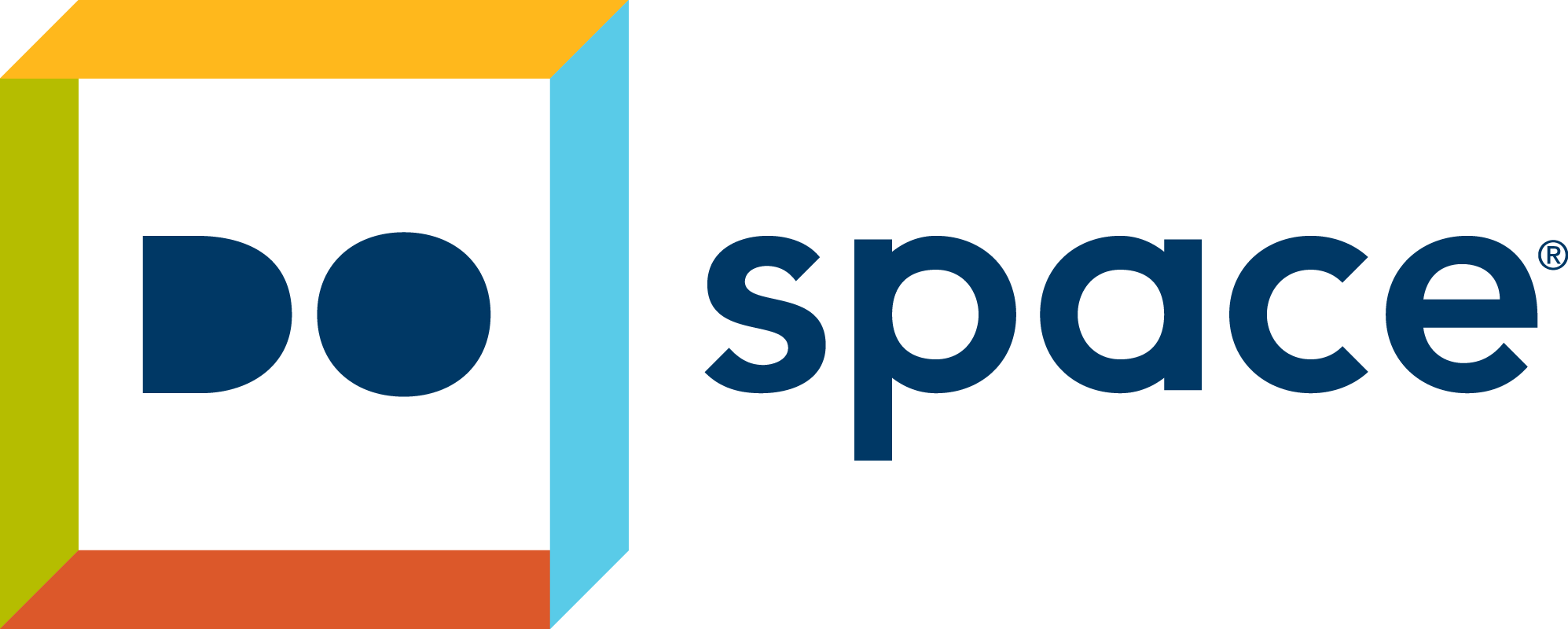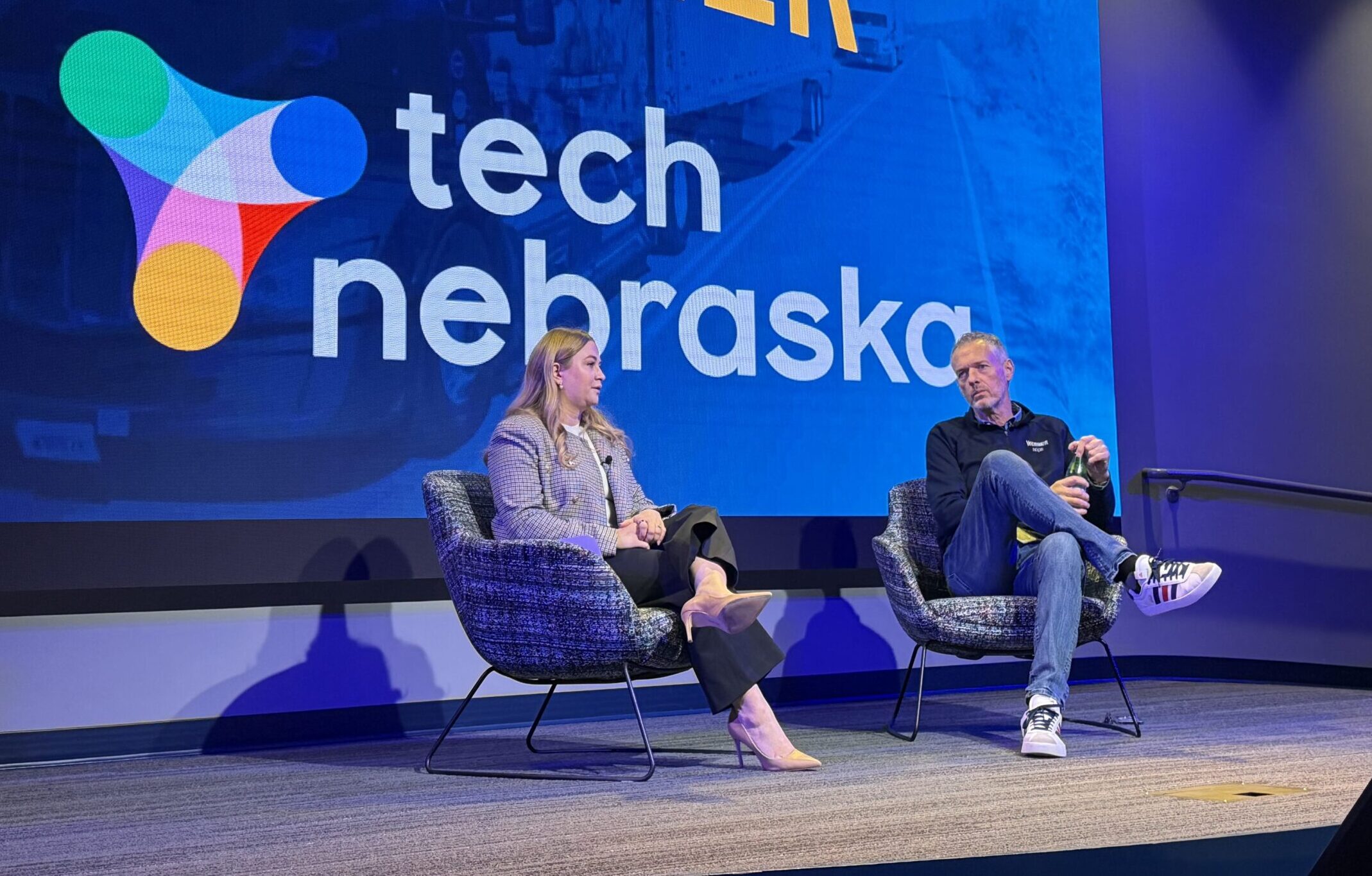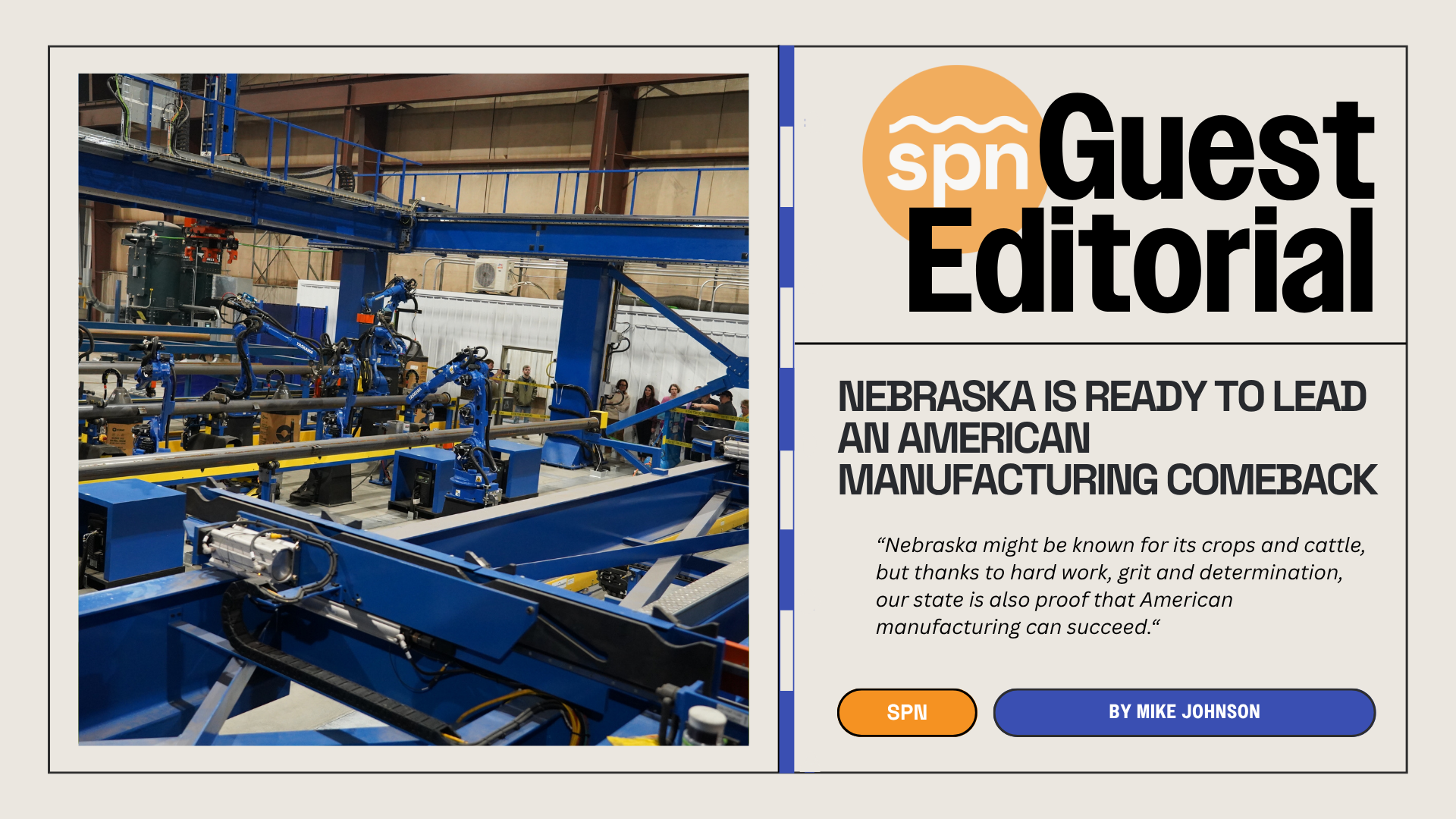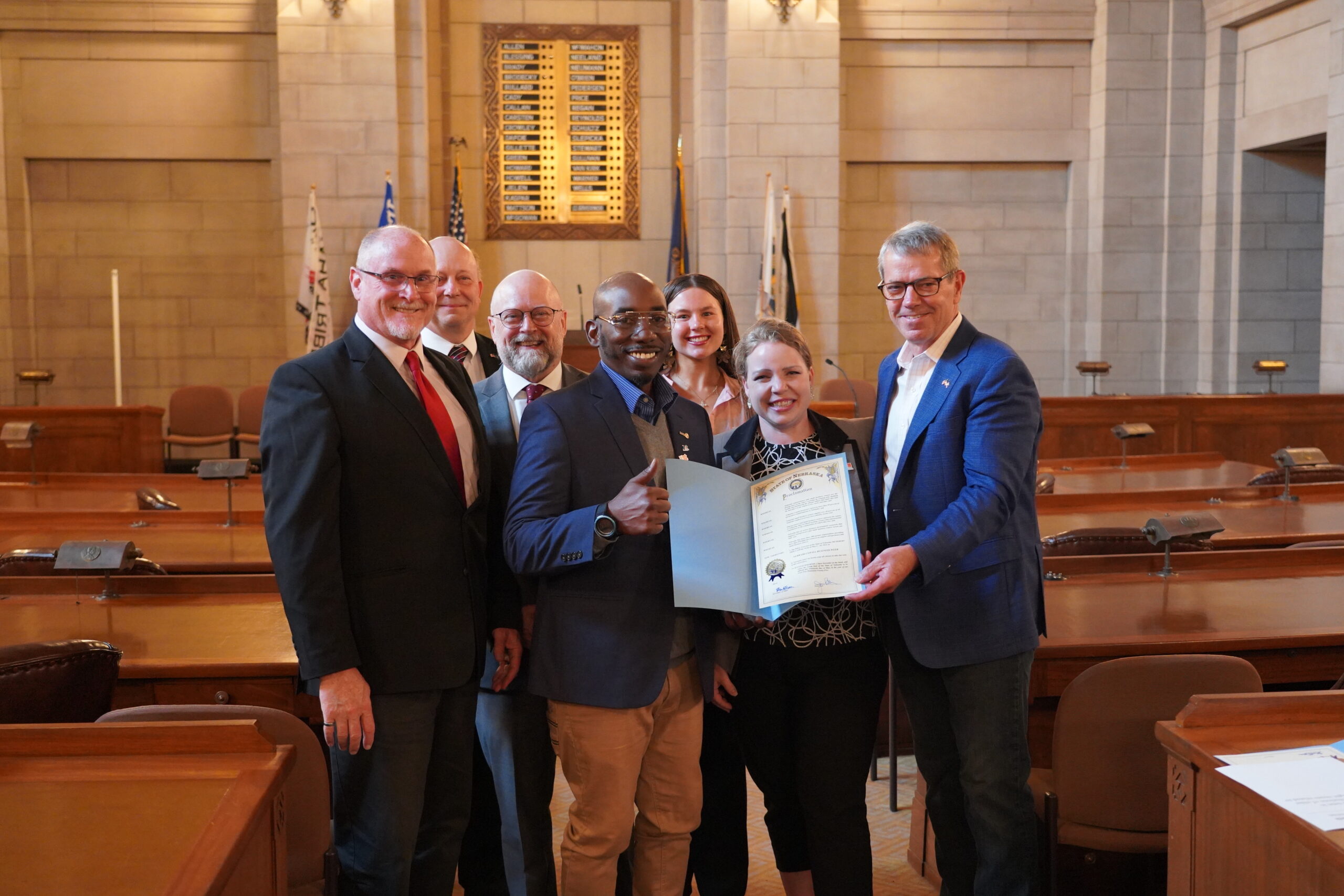
Being the first to get Google Fiber has helped put Kansas City startups in the spotlight.
 Kansas City and Austin, Texas, became Google Fiber siblings Tuesday with the announcement that the internet giant would take its ultrafast connectivity south in the middle of next year. Just as was the case when Kansas City heard the news in 2011, the big-picture impact is foggy. Will the unique relationship with Austin build a stronger community here? Does it detract from the momentum gained? Its affect on Kansas City and the entire tech community is sure to unfold in the coming years, but to get immediate perspective, we conducted email interviews with six Kansas City tech advocates. What we found was a group excited by the potential, ready to welcome Austin to the Fiber family.
Kansas City and Austin, Texas, became Google Fiber siblings Tuesday with the announcement that the internet giant would take its ultrafast connectivity south in the middle of next year. Just as was the case when Kansas City heard the news in 2011, the big-picture impact is foggy. Will the unique relationship with Austin build a stronger community here? Does it detract from the momentum gained? Its affect on Kansas City and the entire tech community is sure to unfold in the coming years, but to get immediate perspective, we conducted email interviews with six Kansas City tech advocates. What we found was a group excited by the potential, ready to welcome Austin to the Fiber family.
 |
KC, Mo. and KC, Kan.Metro Population: 2 million* Fiber Announced: March 2011 First Installation: Nov. 2012 |
 |
Austin, TexasMetro Population: 1.8 million* Fiber Announced: April 2013 First Installation: Projected mid-2014 *Figures from wikipedia |
What does this news mean for Kansas City’s startup community?
• “Of course your first reaction is to say that Kansas City has lost its competitive advantage because now another city is going to be getting Google Fiber. But, I think that is a short-sighted way to think about it. Having Google Fiber in another city gives us another city to work with and access to a bunch of other smart people who can help us figure out how to most effectively leverage our ultra-fast speeds.” – Cameron Cushman, Ewing Marion Kauffman Foundation senior advisor

• “This is awesome for the entire ecosystem. If no other city then KC were to roll out the whole fiber experiment would have been a failure. To really develop applications and ecosystems that leverage gig speed, we need it everywhere.” – Toby Rush (right), EyeVerify CEO
• “It’s great news. We are super keen to connect and collaborate with other gigabit enabled cities. We’ve already been working with cities like Chattanooga, Tenn., and Burlington, Vt., to showcase to the country/world what it means when communities with super-high-speed internet access work and innovate together. While Austin is a sister startup city, we don’t feel we’re in competition with them. As Brad Feld talks about, it’s not a zero sum game. Successful American startup cities mean a successful U.S. overall, and that’s great for our economy, job growth and overall future.” – Matthew Marcus, Local Ruckus co-founder and Kansas City Startup Village co-founder
• “It means a larger market for applications, more diversity in the test bed and the user groups.” – Aaron Deacon, KC Digital Drive managing director
• “This is great validation that the Kansas City fiber experiment is working and Google likes what it sees enough to invest in another entrepreneurial community like us.” – Claude Aldridge, Trellie co-founder
Google intends to start installing Fiber in Austin around mid-2014. What needs to happen in the next year for the KC startup community to take full advantage of its head start?

• “We need to continually innovate and focus on attracting more talent and startups to the KC startup community. Events like Hacking the Gigabit City, which took place in Kansas City a few weeks ago, are perfect for bringing like-minded inventors and entrepreneurs together in the same room to dream up the future.” – Marcus (left)
• “I think the Austin announcement is largely irrelevant for what needs to happen. We’ve been preaching urgency/opportunity from day one. I think you’d be hard-pressed to say the KC startup community has a head start on Austin’s. I still feel good about the general regional strategic approach outlined in the playbook we’re working from, and as long as we continue to make progress on implementing (as we have!), we’ll be in great shape as a community.” – Deacon
What would be one piece of advice you would give the Austin startup community?

• “Start the discussions now. I think the biggest thing that Google Fiber has done for Kansas City is to force KC to have a conversation with itself about who it wants to be and what kinds of businesses it wants to grow, attract and nurture.” – Cushman (right)
• “When Fiber is up and running, let’s chat! Join the growing list of gigabit-enabled cities already communicating. Let’s show the world what it means to have 1G, and that the U.S. means business! Together, startup communities like Kansas City and Austin can get America back on track with a vibrant economy and stellar job growth.” – Marcus
• “Don’t get frustrated. Be patient. You aren’t going to change the world with 1G of fiber overnight.” – Aldridge
How can the two cities work together?
• “We’ll naturally work together because we’re going to share a common (and unique) market—gigabit users. We’re happy to translate some of the lessons in building a gigabit community over the past couple years and we look forward to learning from our new partners as well.” – Deacon

• “Pipeline’s original model came about in large part due to input and efforts from entrepreneurial thought leaders in Austin, and as such we’ve maintained a very close relationship to Austin as we have grown. So we couldn’t be more thrilled to have this additional connection between our cities.” – Joni Cobb, Pipeline president and CEO
• “Successful interstate collaboration and demonstration of what people with access can do versus what others can do is what’s going to encourage Google and the cable companies to get serious about rolling out 1G throughout the country and eventually the world.” – Aldridge
Credits: Kansas City startup photo by Michael Stacy. Toby Rush photo from eyeverify.com. Cameron Cushman photos from kauffman.org. Matthew Marcus and Joni Cobb photos courtesy of Marcus and Cobb, respectively.



